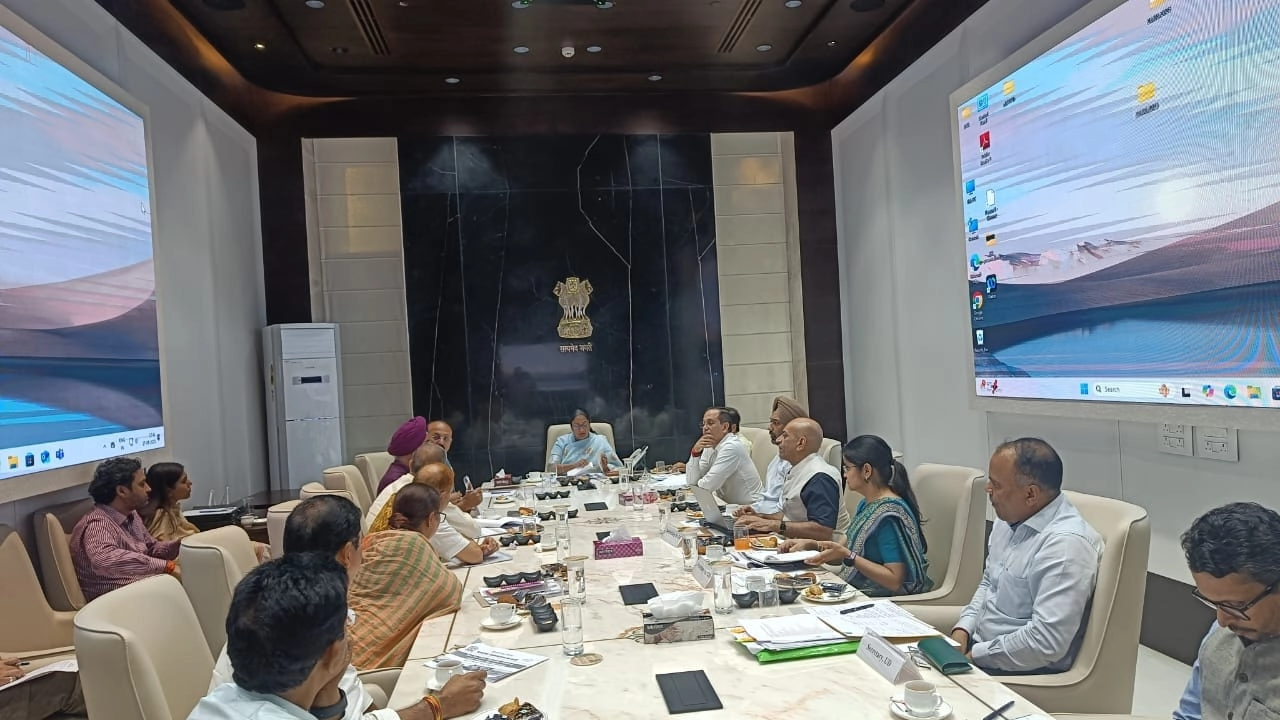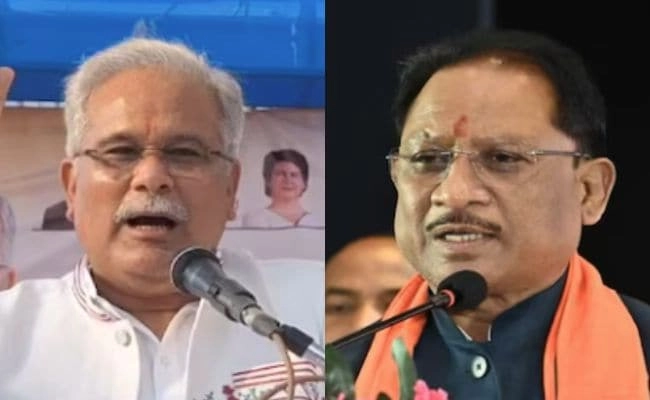In a significant move towards environmental sustainability, the Delhi government has announced a deadline of 2026 to eliminate landfill dumping within the National Capital Territory. This ambitious initiative aims to address the pressing waste management challenges faced by the city, which has long struggled with overflowing landfills and the associated environmental impacts. The decision underscores the government’s commitment to creating a cleaner and more sustainable urban environment for its residents, while also aligning with broader national and global efforts to tackle waste management issues.
The directive comes in response to the alarming rise in waste generation in Delhi, which has reached unsustainable levels. With the population exceeding 20 million, the city produces an estimated 10,000 metric tons of waste daily. This waste is often dumped in landfills, which not only occupy valuable land but also contribute to air and water pollution, posing significant health risks to the population. The government’s strategy involves the implementation of advanced waste segregation, recycling, and composting practices, aimed at significantly reducing the volume of waste that ultimately ends up in landfills.
To achieve this ambitious goal, the government plans to invest in modern waste management technologies and infrastructure. This includes establishing new waste processing facilities, promoting recycling initiatives, and encouraging public participation in waste segregation at the source. Furthermore, the government is likely to collaborate with various stakeholders, including private sector players, non-governmental organizations, and local communities, to foster a comprehensive approach to waste management. By raising awareness about the importance of responsible waste disposal and encouraging sustainable practices, the government hopes to instill a sense of environmental responsibility among citizens.
As the 2026 deadline approaches, the success of this initiative will depend on the effective implementation of policies and the active involvement of the community. Local authorities are expected to roll out educational campaigns to inform residents about waste segregation techniques and the benefits of recycling. Moreover, incentivizing participation through rewards and recognition for neighborhoods that excel in waste management could further motivate citizens to engage in eco-friendly practices. The overall objective is not merely to eliminate landfill dumping but to create a culture of sustainability that prioritizes waste reduction and environmental protection in daily life.
In conclusion, Delhi’s commitment to ending landfill dumping by 2026 marks a critical step towards a more sustainable urban future. By focusing on waste reduction, recycling, and community engagement, the government aims to transform the city’s waste management landscape and mitigate the environmental challenges posed by excessive waste generation. As this initiative unfolds, it will serve as a model for other cities grappling with similar waste management issues, showcasing the potential for innovative solutions and collective action in the fight for a cleaner planet.




